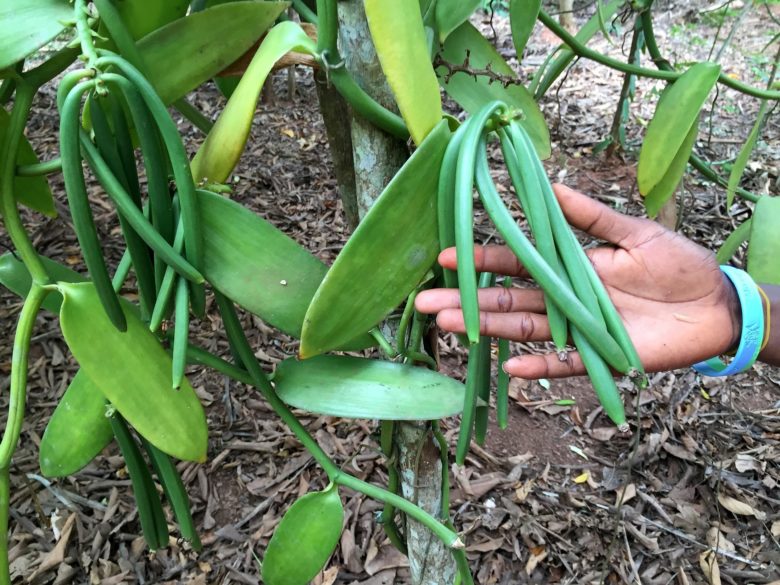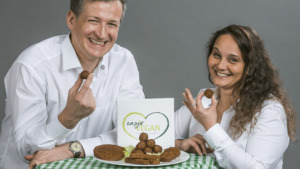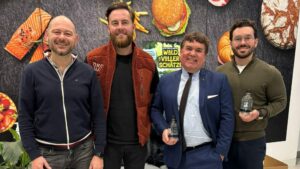Scientists turn used plastic bottles into vanilla flavoring

Scottish scientists have developed a unique method to recycle plastic waste, The Guardian reported. Using genetically modified bacteria, they have been able to turn it into vanillin in the first time a valuable chemical has been brewed from waste plastic.
Vanillin is both naturally occurring and synthetically produced. It is used in flavorings, foods, perfumes, and pharmaceuticals. Vanillin is used as a chemical intermediate in the manufacture of several important drugs and other products.
Vanillin is most prominent as the principal flavor and aroma compound in vanilla. Cured vanilla pods contain about 2% by dry weight vanillin; on cured pods of high quality, relatively pure vanillin may be visible as a white dust or “frost” on the exterior of the pod.
About 85% of vanillin today is synthetically produced from fossil fuels and demand is growing faster than supply.
In a bid to find a solution to this imbalance, scientists from the University of Edinburgh have already developed mutant enzymes to break down the polyethylene terephthalate polymer used for drinks bottles into its basic units, terephthalic acid (TA).
The research, published in the journal Green Chemistry, used genetically modified E coli bacteria to transform TA into vanillin. The scientists warmed a microbial broth to 37C for a day, the same conditions as for brewing beer. This converted 79% of the TA into vanillin.



























